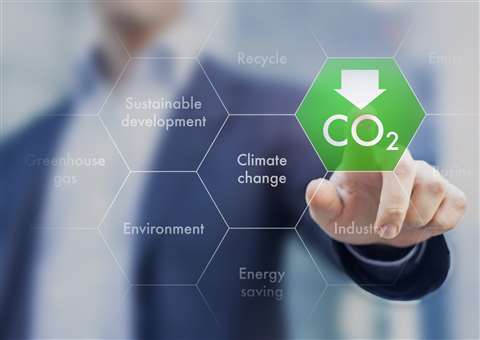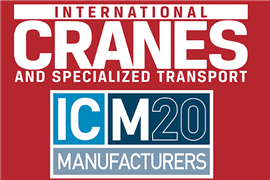Construction’s first universal standard for reporting emissions
29 November 2021

An international coalition of construction experts has published what is said to be the world’s first universal standard for reporting carbon dioxide emissions used in the building and lifecycle of structures in the industry.
The International Cost Management Standard (ICMS3) sets out a methodology for construction professionals and developers to account for the amount of embodied carbon their projects will create, whether through the delivery of new roads, schools, offices, housing or railways.
The coalition includes 49 professional associations in quantity surveying, engineering and project costing from more than 27 nations, including Canada, the UK, Australia, China, Japan and the USA.
An estimated 40% of global carbon emissions are emitted every year through the construction of new buildings and infrastructure.
It is hoped that ICMS3 will help the construction sector embrace net-zero as a global, interconnected industry, and follows the COP26 climate conference in Glasgow, UK, where world leaders set targets to avert climate disaster.
There have previously been conflicting ways to report carbon, and according to the Royal Institution of Chartered Surveyors (RICS) Global Construction Monitor, 40% of the industry didn’t feel that accurate carbon measurement was understood.
ICMS3 has introduced a simple method that will allow the reporting of the emissions created and, in the near future, will allow developers to alter their proposals to drive down the impact to the climate.
As well as reporting on ‘embodied carbon’, ICMS3 also allows the lifecycle, cost and carbon impacts of a building or infrastructure to be taken into account long after construction is complete. With a push to retrofit and reuse old buildings, rather than knocking them down, the Standard provides developers with data and information about the value of retrofitting.
RICS are set to embed the new coalition standards into their standards and guidance for all members who operate in the construction sector.
Alan Muse, head of construction standards at RICSs, said, “The use of ICMS 3 will benefit all construction stakeholders who wish to reduce carbon for a combination of compliance, market and societal reasons and also drive innovation in terms of alternative designs and solutions.”
STAY CONNECTED


Receive the information you need when you need it through our world-leading magazines, newsletters and daily briefings.
CONNECT WITH THE TEAM











